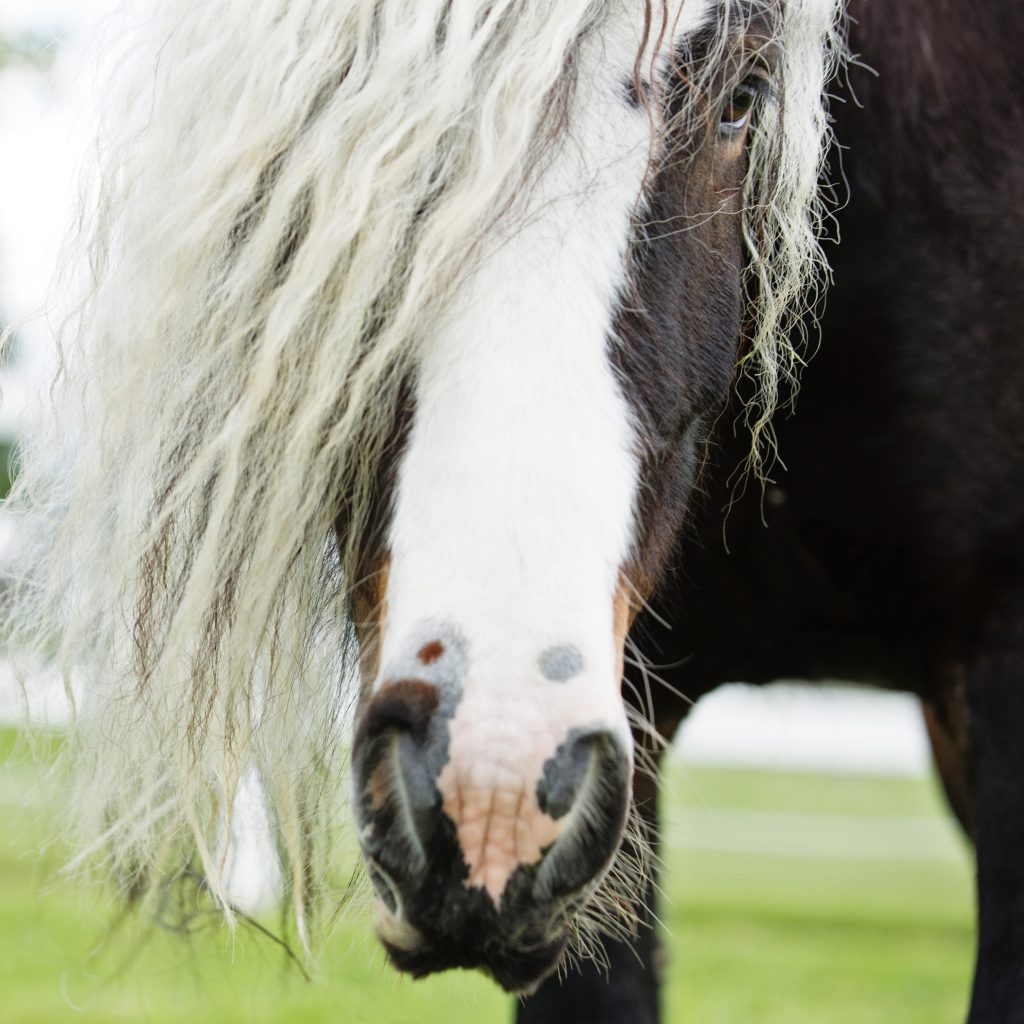The Confidence Game

Trusting the Untrustworthy
Career criminals usually have specific methods they use to gain the trust of those they intend to defraud.
One easily recognizable and useful formula often utilized is known by an older term because it’s one of the tenants of small time crime: it’s called the ‘confidence game’.
This ploy involves fraudsters that convince their victims they can be trusted. In many cases, this entails two or more people — all telling the potential victim they’re safe in trusting the con artist.
By the time the targeted victims realize they’ve been swindled, the con artists have moved on to other victims and, in many cases, even larger frauds.
This ‘con game’ is playing out in one of our investigations even today.
Also known online as ‘tag teaming’, scammers will go back and forth, singing the praises of someone that would, under normal circumstances, be unknown or even considered suspect.
”Insert name here is wonderful!” or “Insert name here accomplished so much in record time!”
These scammers will often operate where time — or the lack thereof — is a prominent factor and, so, have proliferated in the online ‘rescue community’ where people are routinely encouraged to set their concerns aside in favor of ‘saving a life’.
Of course, with time constraints so tight, people simply don’t have the time or resources to bring to bear them — quickly enough at least — to avoid the online scammers. Instead, they will often choose to save the horse, hoping that they’re making a good decision.
In truth, these animals are being ruthlessly ‘dealt off’ in an effort by con artists simply to make money.
They’re hiding behind facades of such noble titles as ‘horse rescuers’ and ‘horse rescues’ which drum up images of self-sacrificing people doing the nearly impossible for gentle giant beasts of burden the world adores.
But the reality of many of these rescues is far from the image they hope to portray.
Sale barn operators tell horrific tales of ‘would-be rescues’ who come to them carrying monies for horses in need, only for them to watch the online ‘fundraising’ efforts whereby funds are raised and then ‘diverted’ to the rescue, presumably for the ‘pull fee’ for the horse which is then followed by ‘transport fees’, ‘quarantine fees’, ‘transport fees’ (again), ‘aftercare fees’ and, finally, ‘rehoming fees’.
It is not uncommon for these scam artists to create profits for themselves of multiple thousands of dollars for a single horse — only for the sale barn operators to report seeing the same horse back on the sale floor and, ultimately, headed for an equine slaughterhouse.
How can this be?
It is a ruthless and cruel game perpetrated upon a well-meaning public who want to believe in others and seek to serve America’s overabundant equine population.
Some — even many of them — are people who hope to see horses whose only ‘misstep’ was to ‘fail to qualify’ as a contender in the fast-paced and relentlessly unforgiving world of horse racing.
Some are lovers of equines from all walks of life who cannot bear the thought of these gentle and trusting souls being led to the slaughter bound trucks where they will see and recognize the ultimate betrayal as they and their fellows are forced listen to the nightmarish screams of those dying before them.
Equine slaughter, in a civilized world, should not even be happening.
Those that handle and use horses pay them nothing for their work but their care and feeding. At the end of their lives they should — without exception — be treated with the dignity and respect they deserve.
This includes providing them retirement quarters at best or — at very least — humane euthanasia. To let them suffer at the hands of slaughterhouse ‘personnel’ who have absolutely no compassion and, in many cases, add to their terror by torturing them, is unfathomable and, in fact, inexcusably cruel.
